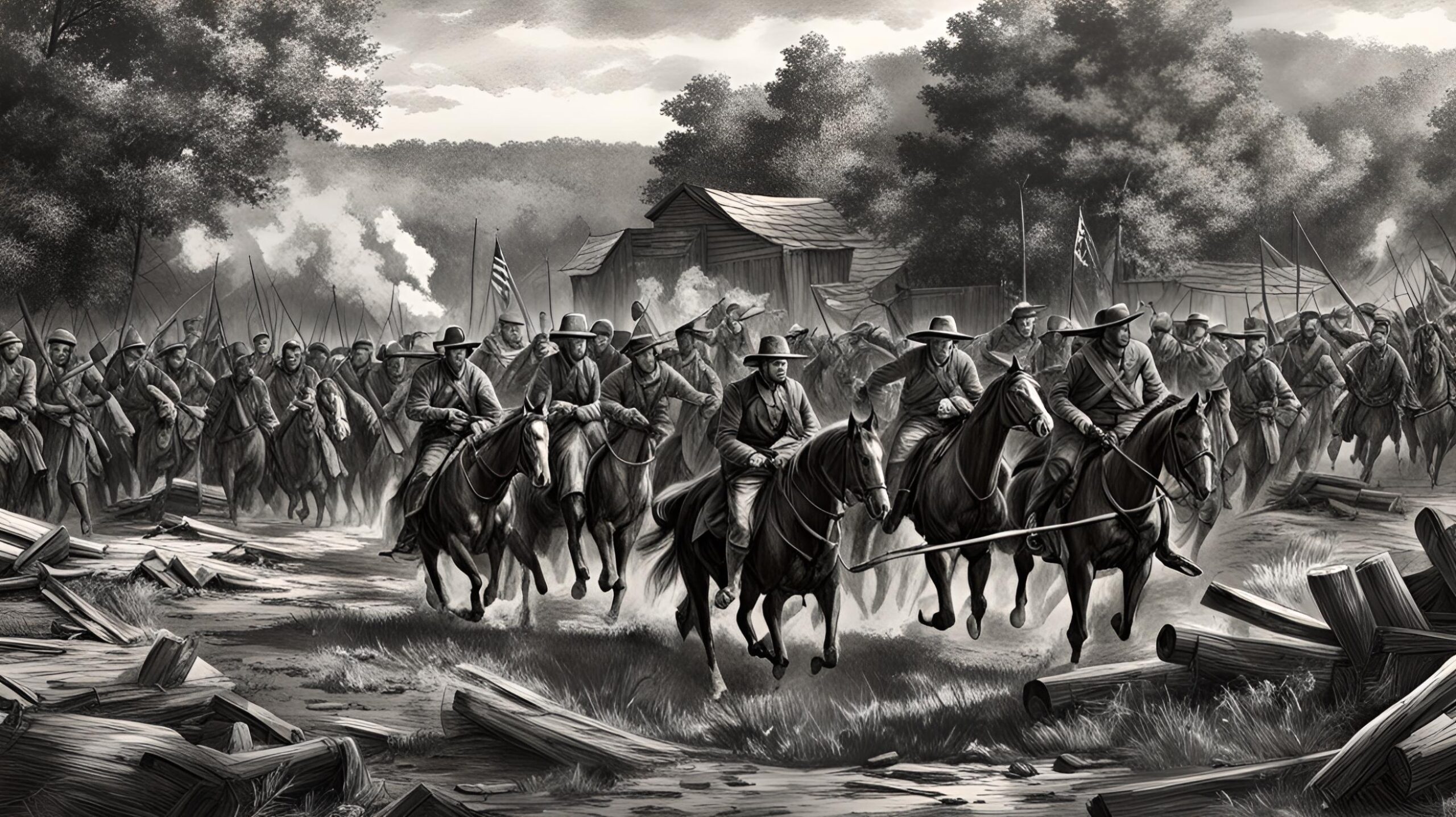Flashback to August 31
American History

1877
Lieutenant-Colonel George Armstrong Custer is given a funeral with full military honors.
Read moreOn the 10th of October, 1877, America bid a final farewell to one of its most notable military figures, Lieutenant-Colonel George Armstrong Custer. Given a funeral with full military honors, this historic event encapsulates the profound respect and recognition that the nation had for this controversial figure. Although Custer’s military strategies have been the subject of innumerable debates, there is no denying his pivotal role in American history.
Born in 1839 in Ohio, George Armstrong Custer grew up to become an adept military strategist and officer. Graduating last in his class at West Point, he was often seen as audacious and impulsive in his battlefield methods. Yet, Custer’s daring maneuvers significantly contributed at key junctures, most notably, the American Civil War. His strategic ingenuity and bravery at the Battle of Gettysburg and the Valley Campaigns of 1864 earned him significant recognition among military ranks.
While the Civil War carved out Custer’s place in America’s military history, it was his later service in the Indian Wars that secured his standing as a legendary figure. Custer’s “Last Stand” at the Battle of the Little Bighorn, where he and his men met their fatal end, still echoes in American history as a tale of bold heroism, strife, and ultimate sacrifice.
Following his ominous end, Custer’s body was discovered two days later and initially buried on the battlefield. However, the decision to honor him with a full military funeral was significant. The choice to commemorate him in such a distinct manner conveys the high regard that the American military held for Custer. A full military funeral is no ordinary affair. It involves a meticulously choreographed ceremonial process that includes a military band, a flag-draped coffin, a riderless horse, and a volley of shots. The grandeur and solemnity of Custer’s funeral reflects his revered status, despite the contentious debates surrounding his military career.
Paying tribute to Lieutenant-Colonel George Armstrong Custer, hundreds of mourners flocked to West Point’s Cemetery on that cold October day in 1877. The funeral procession, led by a contingent of soldiers, was a typical attribute of the full military honors. Military figures, family members, and civilian admirers alike expressed their collective grief as the stoic melodies of a martial funeral dirge filled the air. As the coffin, draped with the Stars and Stripes, was lowered into the ground, the customary rifle salute resonated through the vast cemetery. These rites of the military funeral not only showed the utmost respect for Custer but also offered closure to a nation in mourning.
In the annals of American military history, the funeral of Lieutenant-Colonel George Armstrong Custer remains a poignant event. While Custer himself was a polarizing figure, his military courage and personal charisma made him an American hero to many. By awarding him a funeral with full military honors, the nation recognized his service and sacrifice. Despite the controversial aspects of his career and the defeat at Little Bighorn, Custer’s military legacy lived on.
Even today, more than a century later, the tales of Custer’s bravery and the grandeur of his funeral continue to captivate the imagination of many. Military historians, culture scholars, and even the modern media continue to explore and portray the compelling narrative of his life and death. The full military honors given to Lieutenant-Colonel George Armstrong Custer not only solidified his role in American military history but also immortalized him as an enduring symbol of patriotism and valor.
We strive for accuracy. If you see something that doesn't look right, click here to contact us!
Sponsored Content

Civil War: Battle of…
Experience the dramatic history…

$162,821 is stolen at…
On August 31, 1798,…

William and Emily Harris,…
On August 31, 1978,…

US President Franklin Roosevelt…
"US President Franklin Roosevelt…

